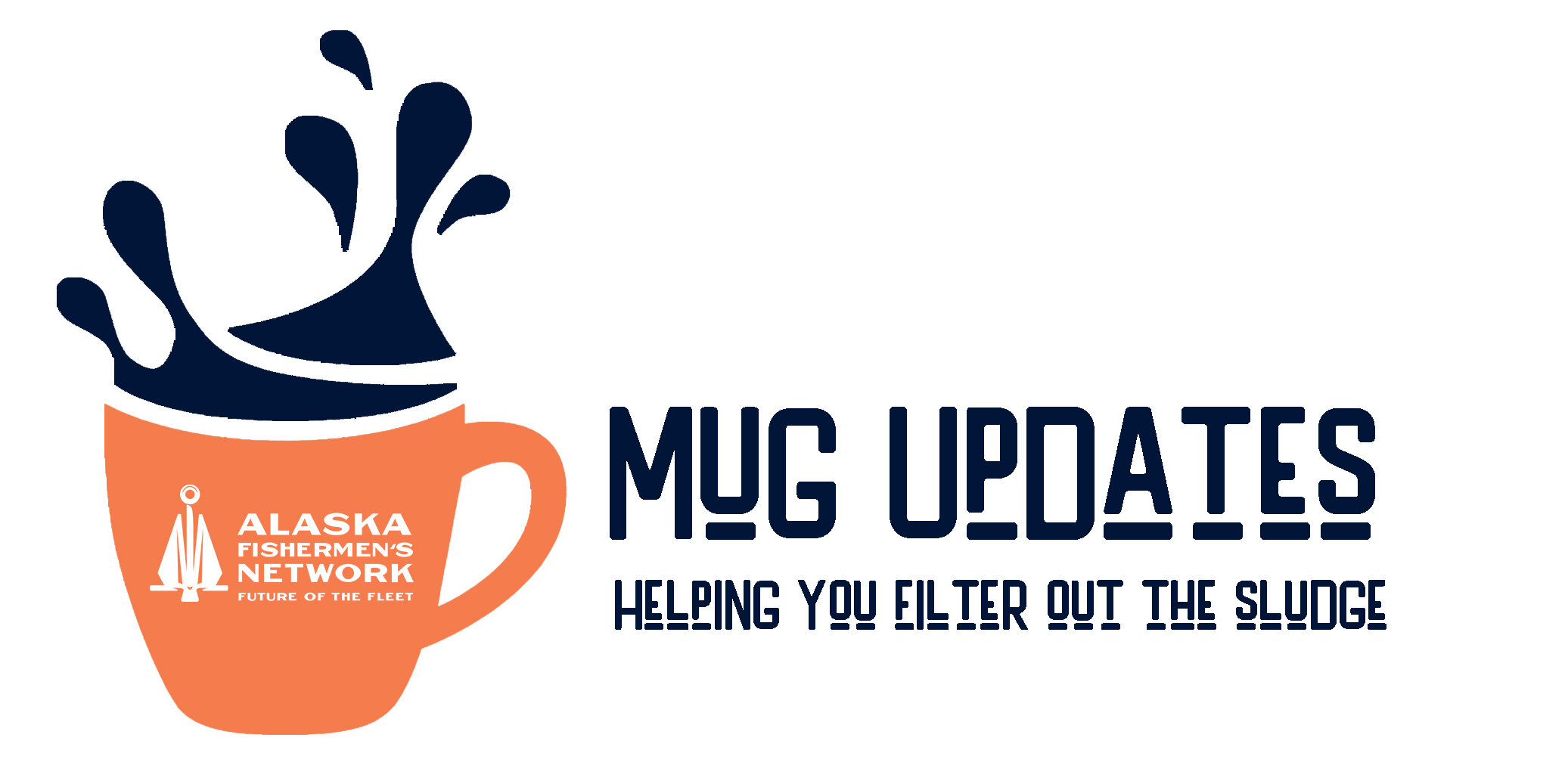The long-awaited set net guidance arrived on the State of Alaska website as Appendix 03 to State Health Mandate 17 and applies to commercial harvesters not covered under the original mandate. Be sure to read and understand the entire document, but here are a few things to get you started.
Site manager
Many set net operations have multiple permit holders, so who’s the Captain? In Appendix 03, the Captain is referred to as the “site manager.” While anyone in an operation usually knows who’s running the show, the “senior permit holder” who conducts business on behalf of the operation will be responsible for adherence to the mandate and submitting the acknowledgement form. In the case of my family’s operation, my dear old Dad will be on the hook for our paperwork and how I conduct myself.
Travel Options
The State has expanded its previous guidance on self-quarantine methods to include the following two options.
Mid-Travel Quarantine:
“Harvesters will travel to Alaska and observe a 14-day self-quarantine period in temporary lodging in a large community with a General Acute Care or Critical Access Hospital (i.e., Anchorage or Juneau) prior to beginning onward travel to their final destination community. This method will allow harvesters to immediately begin provisioning and operating under the protective measures in Section VI upon arrival to their destination community.”
This option is not required but is highly encouraged for Alaska residents traveling to another Alaska community to fish. For those of us who live in communities with critical access hospitals, I read this to mean that we should observe a 14-day quarantine at home before traveling to another Alaskan community.
Post-Travel Quarantine
If you need to be hanging gear and twisting a wrench while you quarantine, then go directly to your operation’s place of quarantine and stay there for two weeks. No field trips unless it’s to get tested, folks.
Arrival Screening
You’re required to screen your crew as soon as they arrive at the operation by asking a list of questions and taking their temperature. Be sure you have enough thermometers for everyone. For us, we’ll be screening before our crew flies out of Ted Stevens International.
Social Distancing in Town
When you’ve finished either quarantine option, you can then revert to social distancing requirements. Stay out of town as much as possible. Use curbside pickup options at parts and grocery stores as much as possible. Do not mix with other operations. And as always, if you cannot adhere to these mandates please sit this one out. The fate of the season, food supply, and those we all know and love is in your hands.
Please email Jamie@akmarine.org with any questions or suggestions for Mug Update.
AKFN Covid-19 Resources Page
Original Mug Update on Mandate 17
UFA Webinar on State of Alaska Health Mandate 17
Discovery Health Webinar on Vessel Procedures to Protect you and your Crew













